
The Great Debate: Free Speech and Comedy in the Age of Political Correctness and Cancel Culture

Have you ever laughed at a joke, only to stop and think, “Should I really be laughing at this?” Well, many famous comedians are saying that political correctness is stopping us from enjoying comedy freely. These comments are from 2015, almost 8 years ago, but they are still relevant. In fact, the comedic environment is much worse in today’s hypersensitive political culture, with high probabilities of being “canceled” if you step out of line. While we normal folks are not afraid of being “canceled,” people who require audience support, e.g. actors, politicians, Hollywood celebrities and internet influencers can all find themselves devastatingly out of work with the least word spoken out of turn.
Jerry Seinfeld, a well-known comedian who usually steers clear of sensitive topics, once said that political correctness is hurting comedy. He pointed out that certain jokes he made in the past don’t get laughs anymore. He’s not alone in feeling this way. Chris Rock, John Cleese, and others have also spoken about how being overly cautious is affecting their work.
So, what’s the problem? Many comedians feel that they are being judged too harshly for their jokes. Chris Rock compared doing stand-up to trying out a new song. Before everyone had phones with cameras and microphones, a comedian could test a new joke, see if it went too far, and then adjust it. But now, one wrong move can lead to a backlash online.
John Cleese, famous for his work with Monty Python, wonders why it’s okay to joke about certain nationalities but not others. He says it feels patronizing, like some groups are too weak to handle a joke.
Then there’s Russell Peters who reminisces about the ’70s when TV shows made bolder jokes. He believes it’s the intent behind the joke that matters. If the aim is to make people laugh, then it shouldn’t be taken too seriously.
Some argue that comedy has always pushed boundaries. Scott Capurro, known for his outspoken style, says comedians help people see the world differently. They challenge our views, and if we all agreed on everything, then nothing would be funny. He feels that comedians are like light bulbs – shedding light on dark topics.
However, it’s not just male comedians who feel this way. Lisa Lampanelli, a female comedian known for her edgy style, says comedy is subjective. Everyone finds different things funny. She believes that if people want safe comedy, they can find it, but they shouldn’t expect all comedy to be safe.
On the other side of the debate, some people believe that being considerate is important. Lindy West, a writer, believes that political correctness has helped give a voice to those who were often ignored or ridiculed. John Hodgman, another comedian, says that he appreciates when people point out when he might be crossing a line because it helps him think and grow.
The core of the debate is this: should comedians be free to say anything they want, or should they be more mindful of who might get hurt by their words? This is not necessarily about free speech, since the government is not involved and no one telling these guys not to speak. It is rather about hypersensitive subsets who have power out of proportion to their numbers.
What’s clear is that comedy has always been a reflection of society. As our views and values change, so will the jokes we tell. But it’s essential to remember that laughter, one of the most genuine human reactions, should never be taken for granted. We know that certain jokes in China will get you thrown in jail.



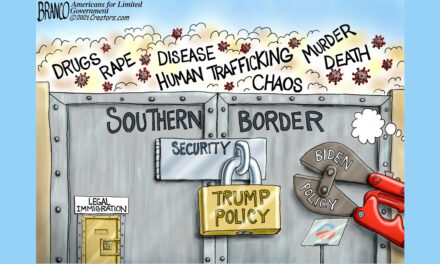


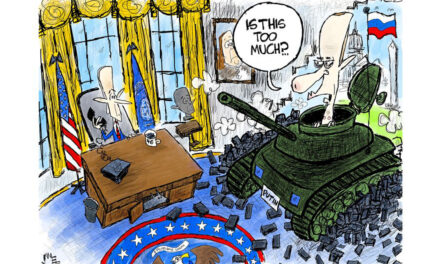

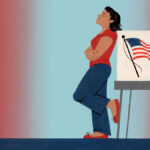


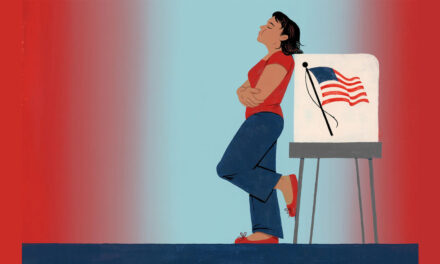
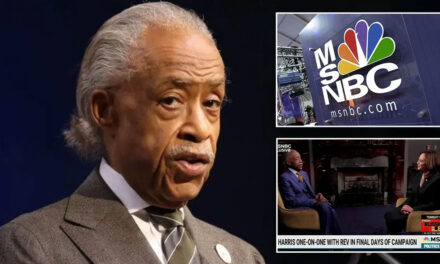
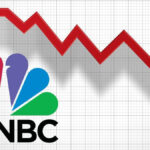


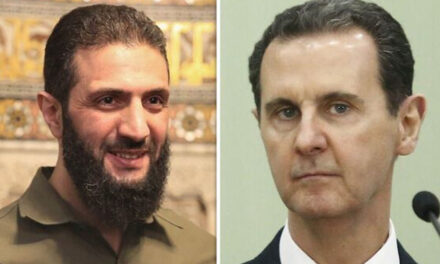








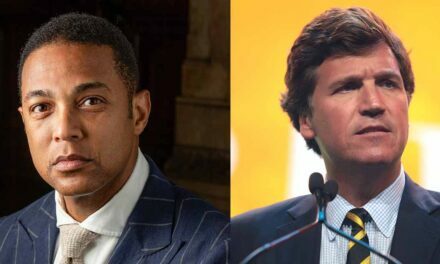
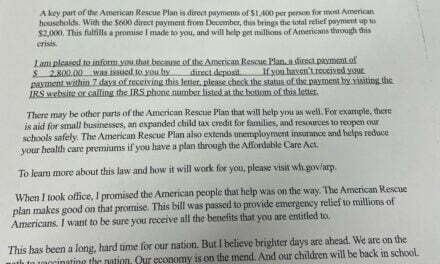
I think one can be woke, can be pc, and can be funny too. Yes, it’s harder.
Seinfeld most often took the cheap route of humor being at someone else’s expense. Obviously, I love sarcasm, consider the source, but Seinfeld really used it like a scalpel. Even The Big Bang Theory jumped the shark to snarky here with the basic premise being a giant finger poked at nerds while applauding them too (Leonard gets the cool girl).
Good piece Joe, glad to not see you pick a side, talk about the difficulties navigating the new world, and how poking fun at others is easier than being funny without poking fun at others.
Dick Van Dyke had a great piece, similar topic, but this time not people but pain. Slapstick. Basically he’s sitting behind a desk, telling us how humor and pain are linked but it’s not really funny as he keeps inflicting slapstick pain upon himself. The grand finale included him opening the desk drawer, closing it on his tie, suddenly standing up, tie makes him slam his head into the desk, he stumbles out with foot in trash can, you get the drift. Its’ both funny and illuminating at the same time as to: why did we laugh at the pain (or making fun of) others. The fact it’s a human condition, in our DNA, does not make it right.
It’s in our DNA to laugh. It relieves the pressure. It’s in our DNA to laugh at the plight of others, pain, or at the differences of others, or the stereotypes we have invented —- it just is. As I travelled across the world, speaking and such, folks told me to never use humor overseas. They were right, and wrong. It turns out that sometimes you don’t even have to be funny, you just have to sound funny. You sometimes just need the cadence, like “knock, knock, who’s there?” You know what come next, like “dum a bummer,” then “dum a bummer who?” “dum a bummer and his meef fell rept.” and you laugh. I know, stupid, but it works. If you’re timing is perfect, your cadence expected, you can get a laugh almost with gibberish. It’s the human condition.
FYI — there a a number of cadences in different parts of the world. While my experiment went well in the US, it was not good in Japan…. In Hong Kong, it was super again, showing the British effect on the culture and the ability for cultures to adapt and change.
When PC became popular, I had trashed most of “those jokes” but suddenly became aware I loved to tell West Virginia jokes basically because I lived nearby. I trashed all regional jokes then too, but still revert back here and there.
Bottom line is it is certainly harder to be funny when you leave the easy stuff behind. But, IMO, you can be funny, and people can change what they think is funny. I don’t mind when people make fun of other people, but my line is far further against it than it used to be. I find Seinfeld to be offensive now when I thought it the funniest thing I ever saw, then. Same with All in the Family where the jokes go against both sides and neither is funny any more but hilarious then.
The comedians of the world just need to be better. Let’s move forward and leave crapping on others to others. But if we make a mistake, big deal. Let’s move on.
I agree with John Cleese, which pretty much means that I disagree with you.
Cleese “wonders why it’s okay to joke about certain nationalities but not others. He says it feels patronizing, like some groups are too weak to handle a joke.”
Exactly. If your group, nationality, ethnicity, etc. can’t take a joke it means that your fragile folks have some growing up to do.
You can make jokes about the French, English, Americans, Canadians and Irish but not… well, I can’t mention them here, can I.
It’s OK to disagree; it’s a personal choice for sure. I am certain though that there will be less of this shame-blame humor over time as more comedians continue to be funny without picking on people via stereotype shaming. The crowd of people enjoying this is shrinking. More people find it insulting every day. “You can make jokes about the French, English, Americans, Canadians and Irish but not… well, I can’t mention them here, can I.” Why? Are you weak and in need of growing up? Mention away, unless you are weak, unless you need to grow a pair, or up. I mean if you really believe in this stuff, if you believe in the 1A, then why are you afraid? Or maybe you just don’t want to go out of your way to offend others?
I can understand your personal desire for name shaming, ethnic shaming, it’s so easy to do and some feel better by putting others down. I have walked more than a mile in your shoes, still do, but attempt to do less as time goes on. It’s harder to be funny when you don’t make easy fun of others at their expense for your gratification. Look, funny birthmark, haircut, eyes too close. Dumb blonde, cheerleader, wife, in laws. Given your name, I can really sympathize with your plight and need to return volley. Your German/Czech name means Kiss Snout or Kiss Mouth, that’s a pretty funny joke from the git go. Snout is always good for a laugh. I can understand how the weak sometimes denigrate others to feel better about the snout. But wait, there’s more….. while a very unpopular name in America, amazing 97% of Snout-Kissers here are blazingly white with another 2.5% claiming to be Hispanic. How did you allow those off-white folks in the Snouters club? Oh wait, maybe they are in hiding? You gots to know the 2.5% came to America from Argentina post 1945…… Nazi, nazi, in come free….
Don’t get me started on the Wes part…..unless you are named for the Princess Bride hero….in which case, oh yeah, you’re gay.
Bottom line, and I use the Slovak since my Czech is rusty: zavri svoju tvár tis what nana told us when we were frisky like you having fun by making fun of others. You don’t make yourself better by putting others down. The final point is you don’t have to do it, you can still be funny. Funnier actually.
knock knock… who’s there? Donald Trump! Ha ha ha ha ha ha ha ha ha ha ha ha ha ha Talk about a real joke!
Just wait until Defendant Trump shows up at court in Georgia this week! A lot of people will be laughing at him and his cult followers.